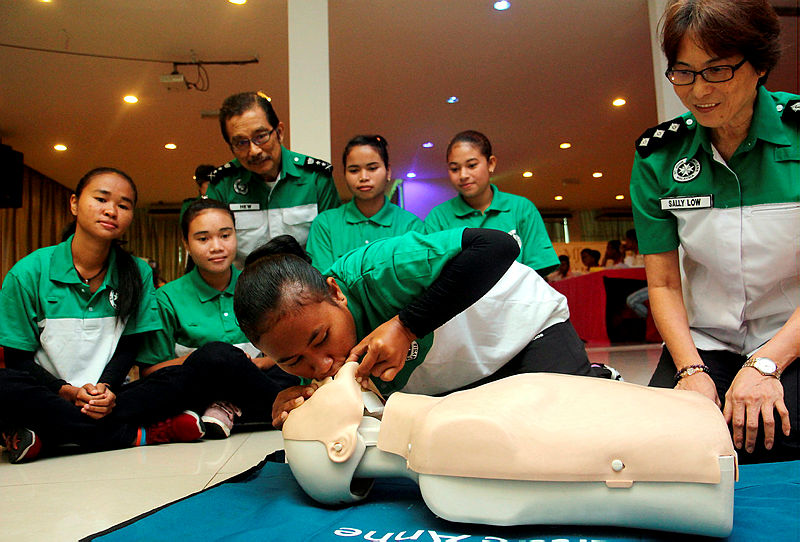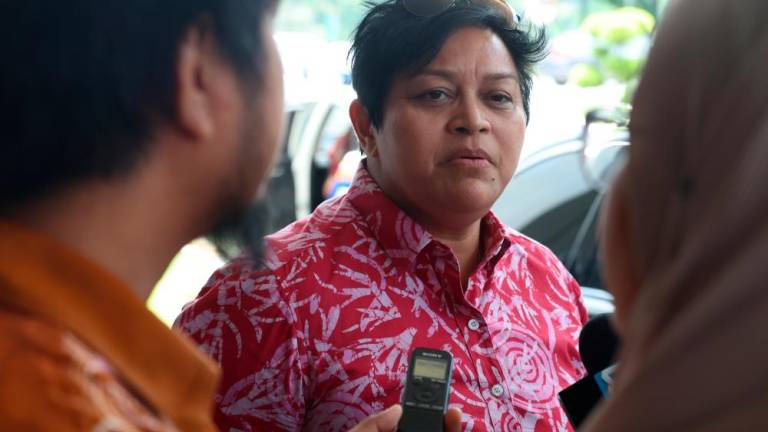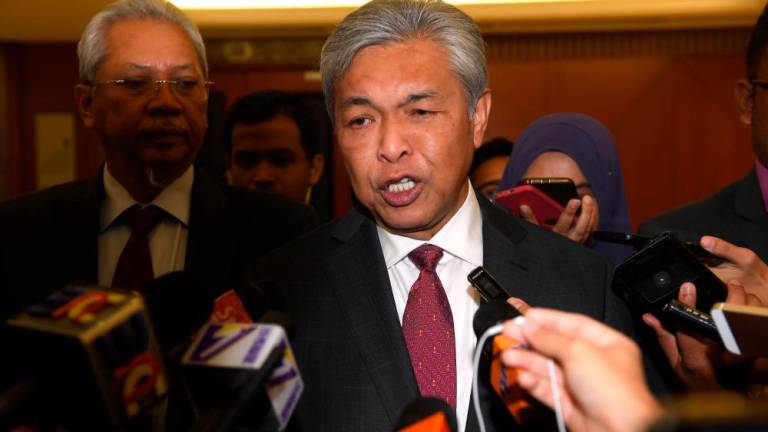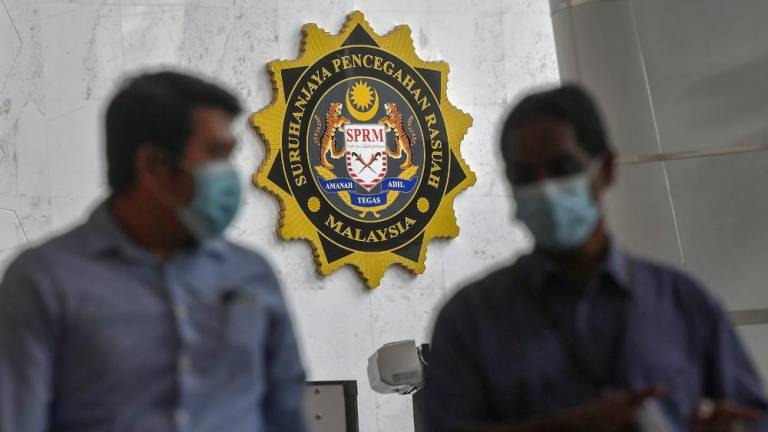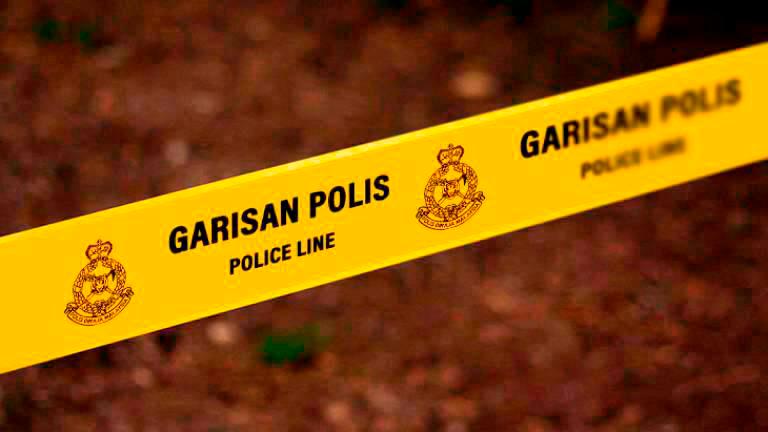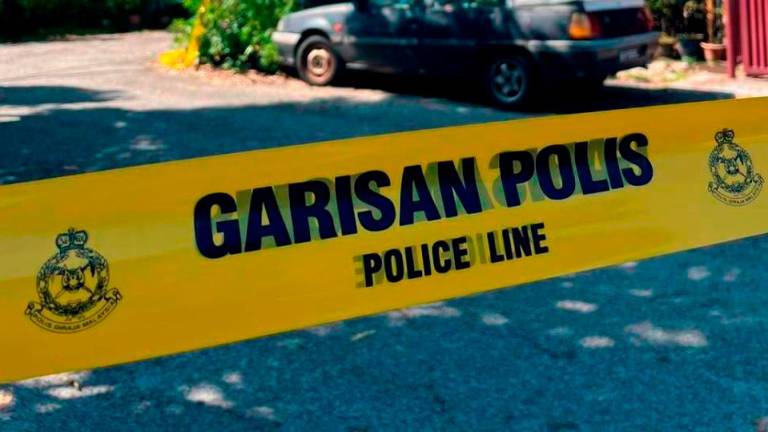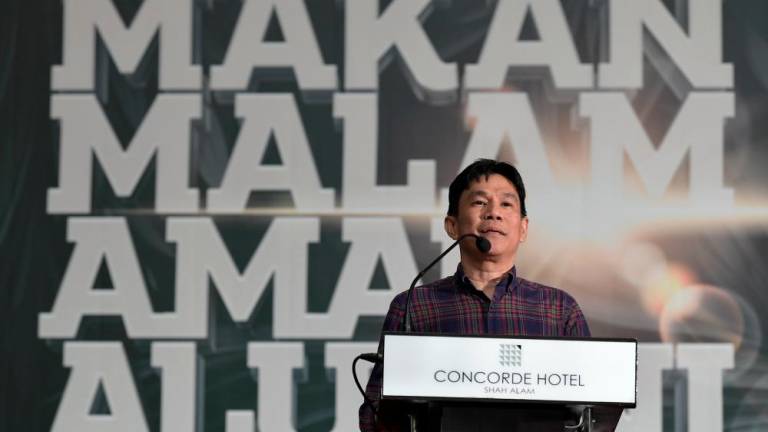KUALA LIPIS: The country’s first Orang Asli medical post in Pos Lenjang, about 80km from here, will become a reality in about two months’ time.
It will be staffed by the Orang Asli themselves who have already undergone a basic course in handling minor emergency cases such as wounds, fractures and snake bites before the victims are taken to the nearest hospital.
Some 33 Orang Asli from Pos Lenjang and the nearby Pos Titom participated in a three-day medical training course in May organised by the Federation of Private Medical Practitioners Associations Malaysia (FPMPAM) under its ‘Drs For All’ programme in collaboration with the Ministry of Health.
One of the participants Adrie anak lelaki Ghani, 27, said he learnt a lot during the course. He said prior to attending the course, he did not know that it was dangerous to remove any sharp object that is stuck in the body as it can cause bleeding and even lead to death.
He recalled an incident two years ago when his brother-in-law Rody anak lelaki Jais found himself pierced by a bamboo spike (a hunting tool) whilst hunting in the forest.
“A neighbour then pulled out the spike which led to a lot of bleeding. Rody was rushed to Hospital Kuala Lipis where he was warded for more than a month.
“His wound developed an infection as he did not get proper first-aid treatment and also due to the delay in reaching the hospital, which is a two-hour journey by road from our village,“ he told Bernama.
The medical training course was held at the community hall in Kampung Dayok, a village in Pos Lenjang populated by the Semai tribe.
FPMPAM president Dr Steven Chow said the Drs For All programme, which was also carried out in cooperation with Hospital Orang Asli Gombak in Selangor, St John Ambulance Malaysia and Raleigh International Kuala Lumpur, was aimed at ensuring medical services for the Orang Asli.
The short medical training course was conducted by 10 volunteer doctors and retired nurses who stayed in the Orang Asli village and slept on the floor and bathed in the river during the duration of the course.
Dr Chow said he did not expect the course to be so well-received by the participants.
“It was wonderful to see them so interested and they asked a lot of questions too.
“They also couldn’t wait to show off their skills during the practical session where they were taught the different ways of bandaging, as well as CPR (cardiopulmonary resuscitation) which are the basic elements of emergency treatment,“ he said.
The most important thing, the doctor added, was to ensure that they have adequate training to handle the medical post, which would be located in Kampung Dayok and manned by 14 volunteers to be picked from among the 33 course participants.
The selected volunteers will attend a second training session in Kuala Lumpur and given a final assessment before being assigned to the medical post.
When operational, the medical post will benefit some 3,450 Orang Asli in 14 villages in Pos Lenjang and seven in Pos Titom.
Dr Chow hoped that telecommunications services would be made available to Pos Lenjang in the near future so that the volunteers stationed at the medical post can at any time seek advice from medical experts via teleconferencing.
During the three-day medical training course, the participants were taught basic information on the anatomy and nervous system, how to assess critical signs such as the pulse rate and how to prevent infections.
“Their training also included handling fractures and cleaning and dressing wounds and how to stop bleeding. There were also taught how to deal with children who have breathing difficulties or a seizure, as well as what to do if children are down with vomiting or diarrhoea,“ explained Dr Chow.
In view of their jungle surroundings, attending to venomous animal bites was also an important area of focus during the course, he said, adding that they were also exposed to the basics of child and maternal healthcare, as well as personal hygiene.
Dr Pearl Yong, 52, who is from Kuala Lumpur and was among the doctors who conducted the course, said the participants were easy to teach and that they would explain what they were being taught in their own language should one of them have difficulty understanding.
Another doctor Major Dr Jeyaratnam Ratnavale, 59, who is from Kampar, Perak, said while the course was being conducted, other villagers observed them from outside.
“I think they have an interest in learning too but, unfortunately, they were not selected as participants,“ he said.
One of the participants Emilia anak perempuan Rosli, 19, said never in her dreams did she expect to pick up some medical knowledge as she thought it was only meant for highly educated people.
“The medical field seems fun. I hope one day I can work at the Orang Asli hospital (in Gombak) as an assistant nurse or healthcare assistant. But for this to happen I have a lot more to learn. It’s just the beginning now,“ she said. — Bernama



